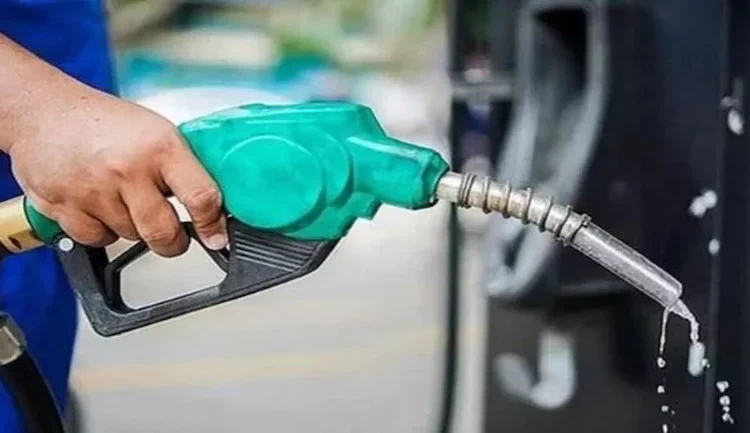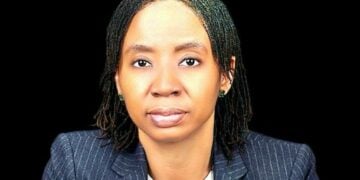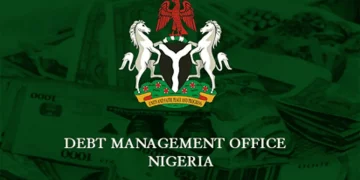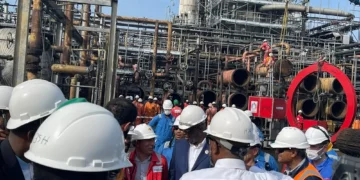Unequal petroleum pricing by uncoordinated market system has continued to wreck businesses, especially, Small and medium Enterprises(SMEs).
The epileptic performance of the power sector has forced manufacturers to switch to use of Automative Gas Oil(AGO), also called diesel to power their plants. Unfortunately, the escalating costs of the product has continued to diminish their profit margin.
LEADERSHIP survey observed wide disproportionate pricing of petroleum products across the country which has caused inefficiency among operators in the industrial sector.
For example, in July, some states witnessed exponential increase in price of diesel. According to the findings, Plateau, Oyo and Ebonyi states saw highest average AGO prices.
While a litre of diesel sold for N866 in Plateau state, the product sold for N860 in Oyo, while in Ebonyi, it sold for N851.45 within same period.
States with lowest AGO prices under same period are; Yobe N686.67, Katsina N695 and Gombe N722.
For Premium Motor Spirit(PMS) also called petrol, some states paid higher than others despite the product is still being subsidised.
For instance, in July, petrol in Niger sold for N208 a litre while in Adamawa and Nasarawa states, it sold for N207.57 and N205.50 respectively.
A data from the Major Oil Marketers Association of Nigeria(MOMAN) same period shows the PMS price in Edo stood at N173.50.
However, in Imo state, it sold for N175.79 a litre and in Bayelsa, it was N180 a litre.
These discrepancies are coming dedpite claims by the minister of finance minister, budget and national planning, Zainab Ahmed, that Nigeria spends N18.39 billion daily on petrol subsidy petrol payments.
Subsidy or under-recovery is the shortfall for the underpriced sales of premium motor spirit (PMS), also known as petrol.
The minister spoke recently during an inquiry by the house of representatives committee investigating petroleum products for subsidy regime from 2013 to 2022
The inadequate supply of electricity has further compounded problems facing the industrial sector.
According the chief executive officer(CEO) of the Centre For the Promotion Of Private Enterprise(CPPE), Dr. Muda Yusuf, the electricity sector is operating below capacity.
Yusuf based his assessment on the second quarter Gross Domestic Product(GDP), growth numbers released by the Nigerian Bureau of Statistics(NBS). He said, the data has shown the energy sector is still in recession.
The report is the country’s 7th consecutive quarterly GDP growth since her exit from recession in the fourth quarter of 2020. The 3.54 per cent GDP growth in the second quarter of 2022, which represented the highest sectoral growth, he said.
Analysing the report, Yusuf observed that the crude oil and gas, oil refining, textiles, electricity, gas and steam engines are still experiencing recession.
According to him, the real sector of the economy grew marginally as agriculture grew by 1.2 per cent manufacturing 3 per cent and construction 4.2 per cent.
The service sector growth outperformed the real sector, reflecting the sectoral variabilities in the constraints faced by investors in the economy.





